A Guide To Feeding Cockatiels
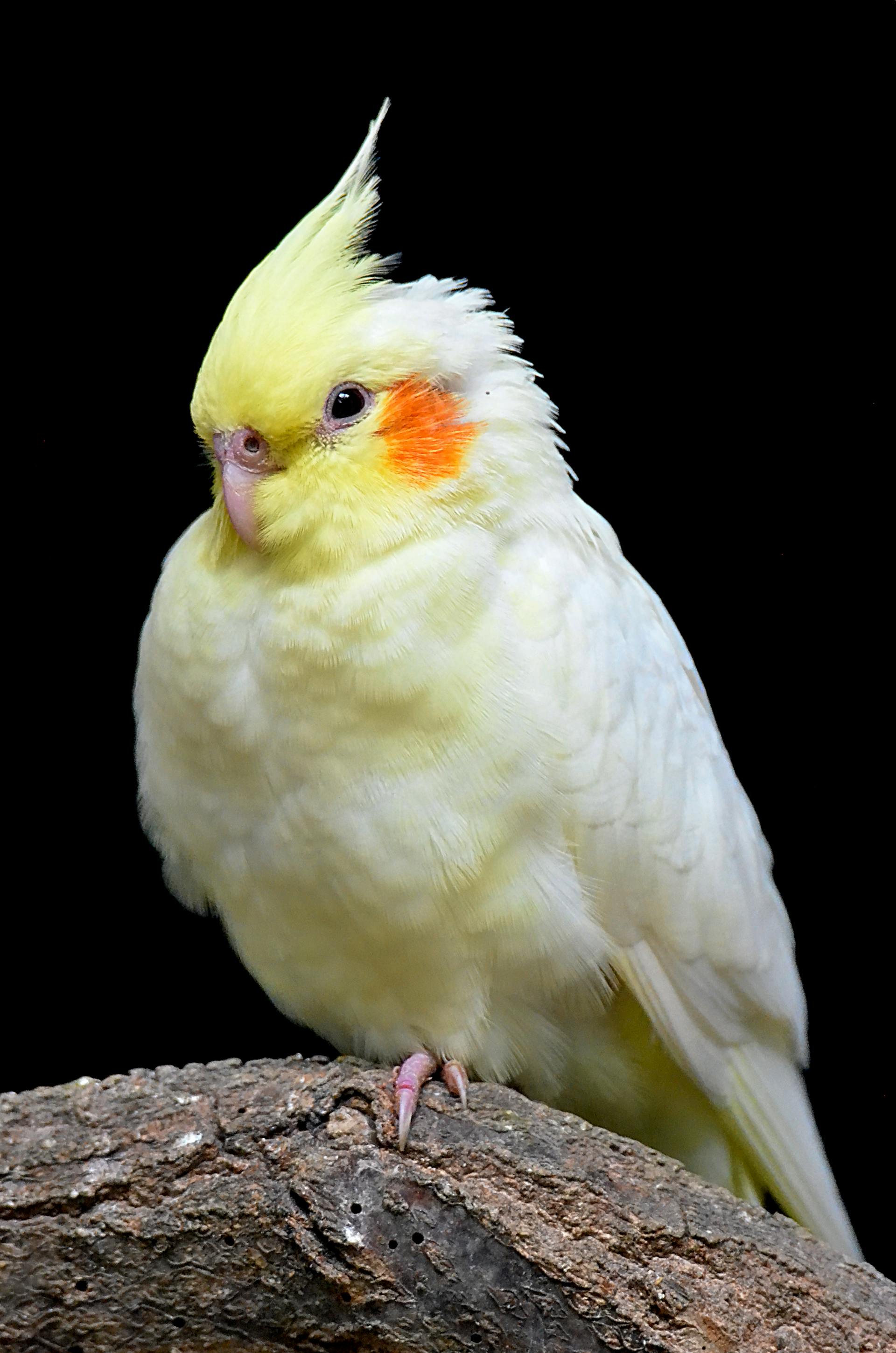
getting to know your cockatiel
They have an appitite
The diet of free cockatoos is quite varied, depending on their habitat. Some cockatoo species have developed specialized diets. Those that live in the grasslands of interior Australia mainly eat small seeds, including wheat field kernels found in cultivated areas. Cockatoos that live in the tropical rain forests are not specialized feeders, for they find quite a varied diet in their natural habitat at all seasons of the year.
What is a basic feed for cockatoos?
The basic cockatoo feed consists of various seeds, which the cockatoos receive all year round and often includes thistle seed, sunflower kernels, millet, oats, wheat, corn, pumpkin seeds and buckwheat. The ready-made feed mixtures offered for large parrots should not be used for maintaining cockatoos unless they are modified because the proportion of fatty sunflower seed kernels in the majority of these feed mixtures is sometimes too high for a healthy, varied large-parrot diet.
What can we feed cockatoos as treats?
Cockatoos love acorns, walnuts, hazelnuts, and Brazil nuts, but they should be given out as treats. Fruit, Green Feed, Sprouted Feed Fruit, green feed, and soaked seeds (sprouted feed) contain important vitamins and minerals and are therefore essential for cockatoos, so should be added to the diet.
What fruit and vegetables can cockatoos eat?
Cockatoos will eat all fruits and vegetables that the store or your own garden has to offer including apples, pears, plums, peaches, pomegranates, raisins, cherries, grapes, but they also do not reject exotic fruits such as oranges, bananas, mangos, papayas, or kiwis. In addition, berry fruits of all kinds, including strawberries, cranberries, blueberries, gooseberries, or redcurrants are acceptable. However, these fruits, due to their high sugar content, need to be given in moderation.
Among the vegetables and greens, they like carrots and carrot tops, cucumbers, spinach, broccoli, celery, sweet potatoes, corn on the cob, pea pods and pieces of pumpkin. The palette of suitable green feeds ranges from garden vegetables, such as spinach, lettuce, or chard. Do remember to wash all fruit and vegetables thoroughly before feeding them as they may have been sprayed with insecticides.
In winter, when there is no green feed and fruit is expensive, sprouted feed can fulfil the cockatoos' vitamin and mineral requirements. Appropriate seeds are oats, wheat, and sprouted or soaked small seeds, such as those sold for parakeets. Each type of seed is sprouted separately and then combined in one dish at feeding time.
How do you make sprouted feed?
Place a two-days' supply of seeds in a dish, cover them with water, and let the seed kernels soak in a warm place for 24 hours. Then shake the swollen seeds in a fine-meshed sieve while rinsing thoroughly. Now spread the seeds out on a flat screen. Put them in a warm place again. During the next 24 hours rinse the seeds thoroughly under running water several times.
Depending on the degree of warmth, the seeds will have sprouted after two or three days. They should be rinsed once more and given to the cockatoos in a separate feeding dish. Give the birds only as much as they can eat within a few hours.
However, it must be stated that sprouted feed spoils quickly, so you must remove the leftovers within a few hours, especially in summer, and clean the dish.
A nutritionally complete food for Cockatiels
Give your Cockatiel the best!
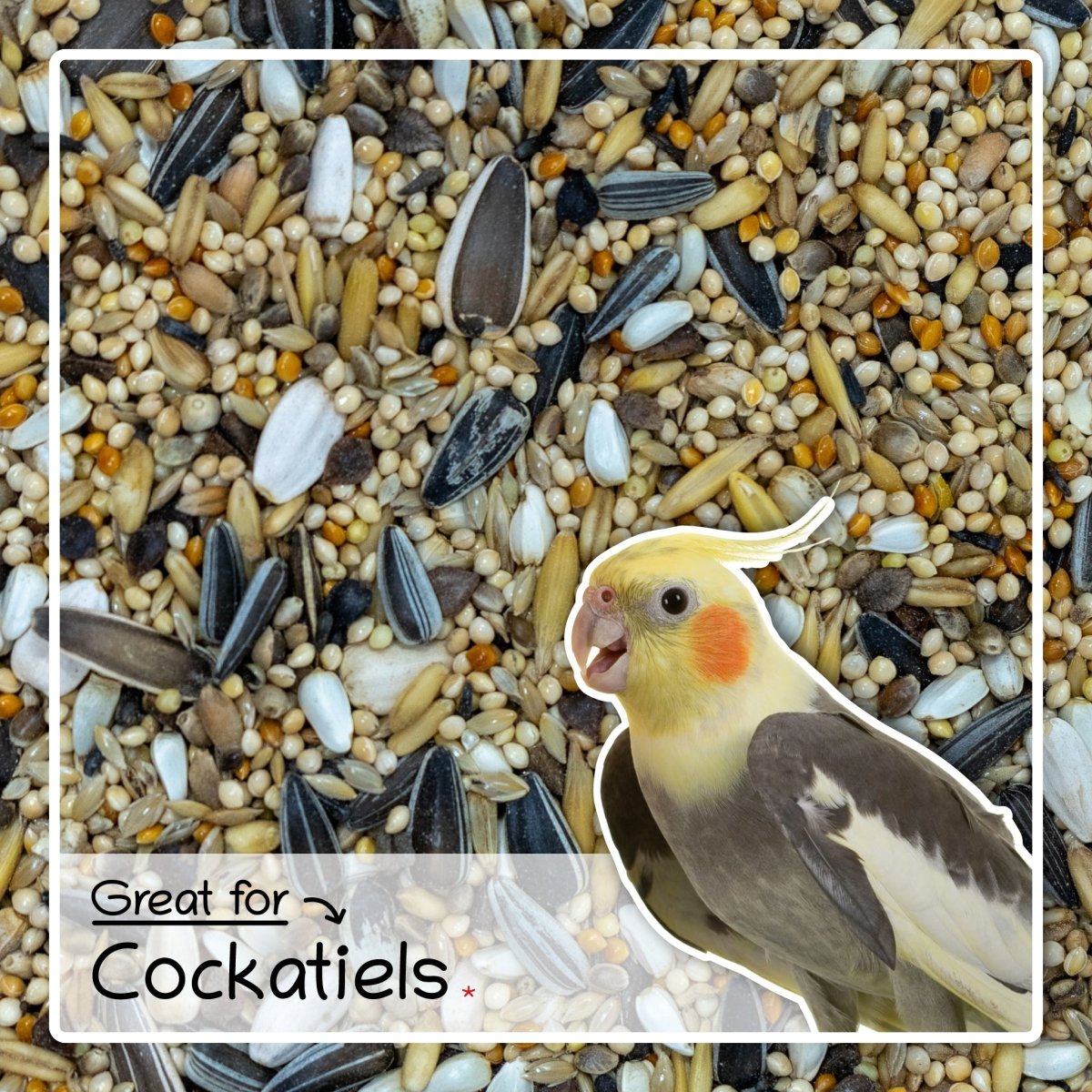
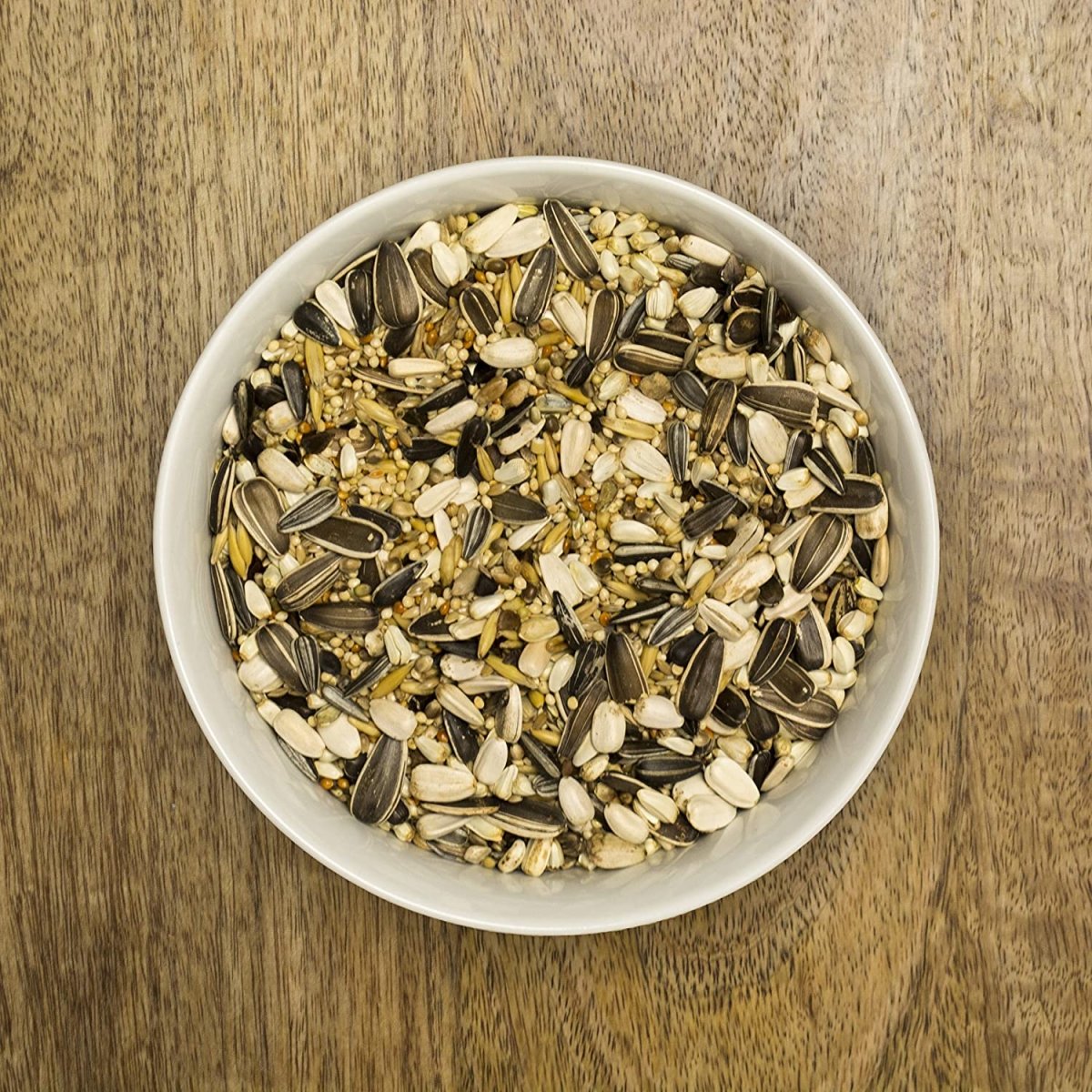
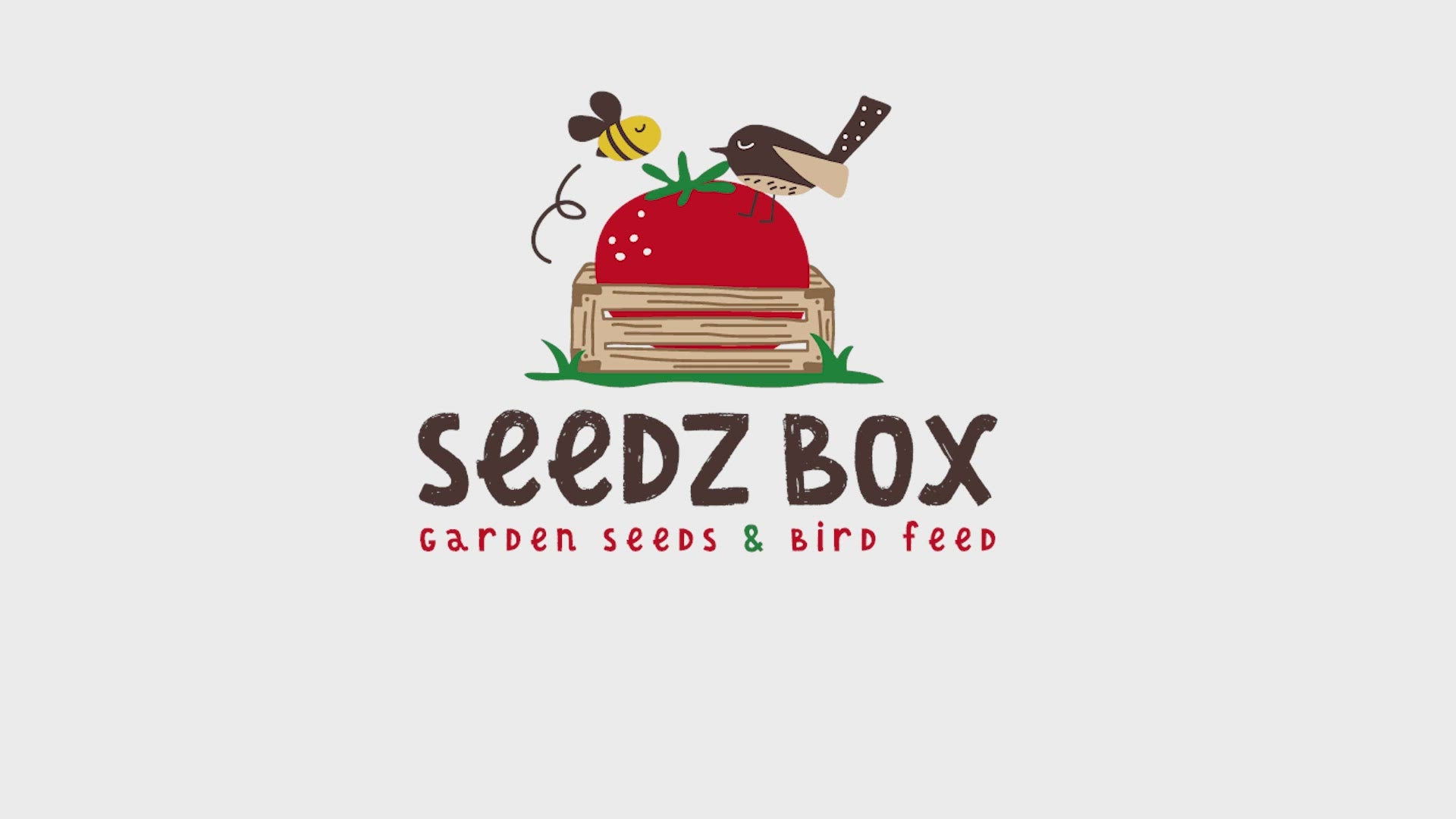
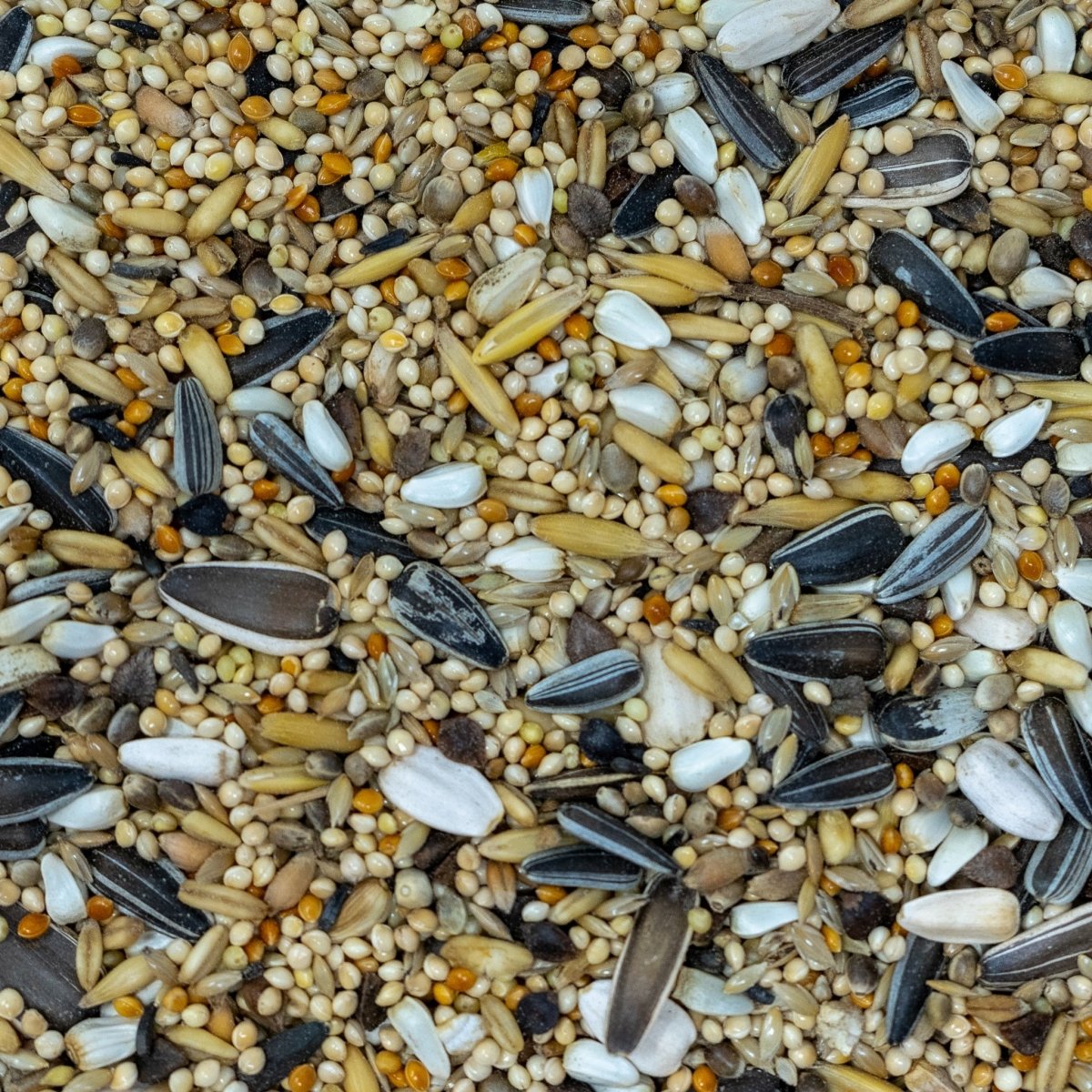
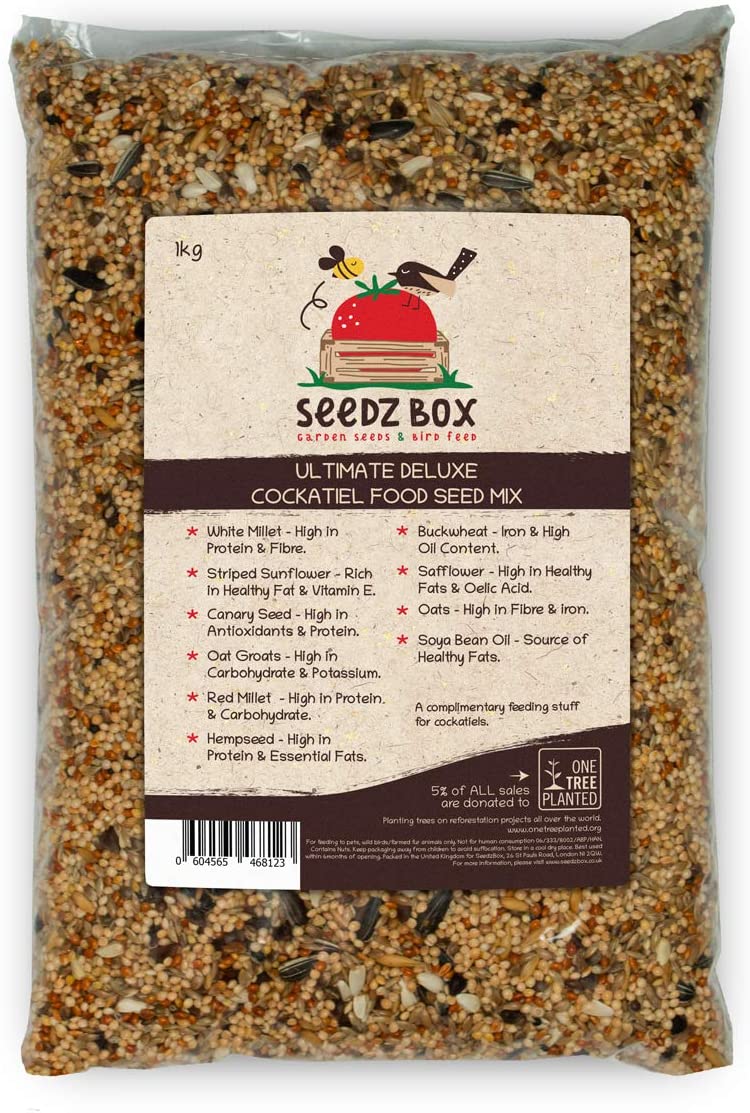
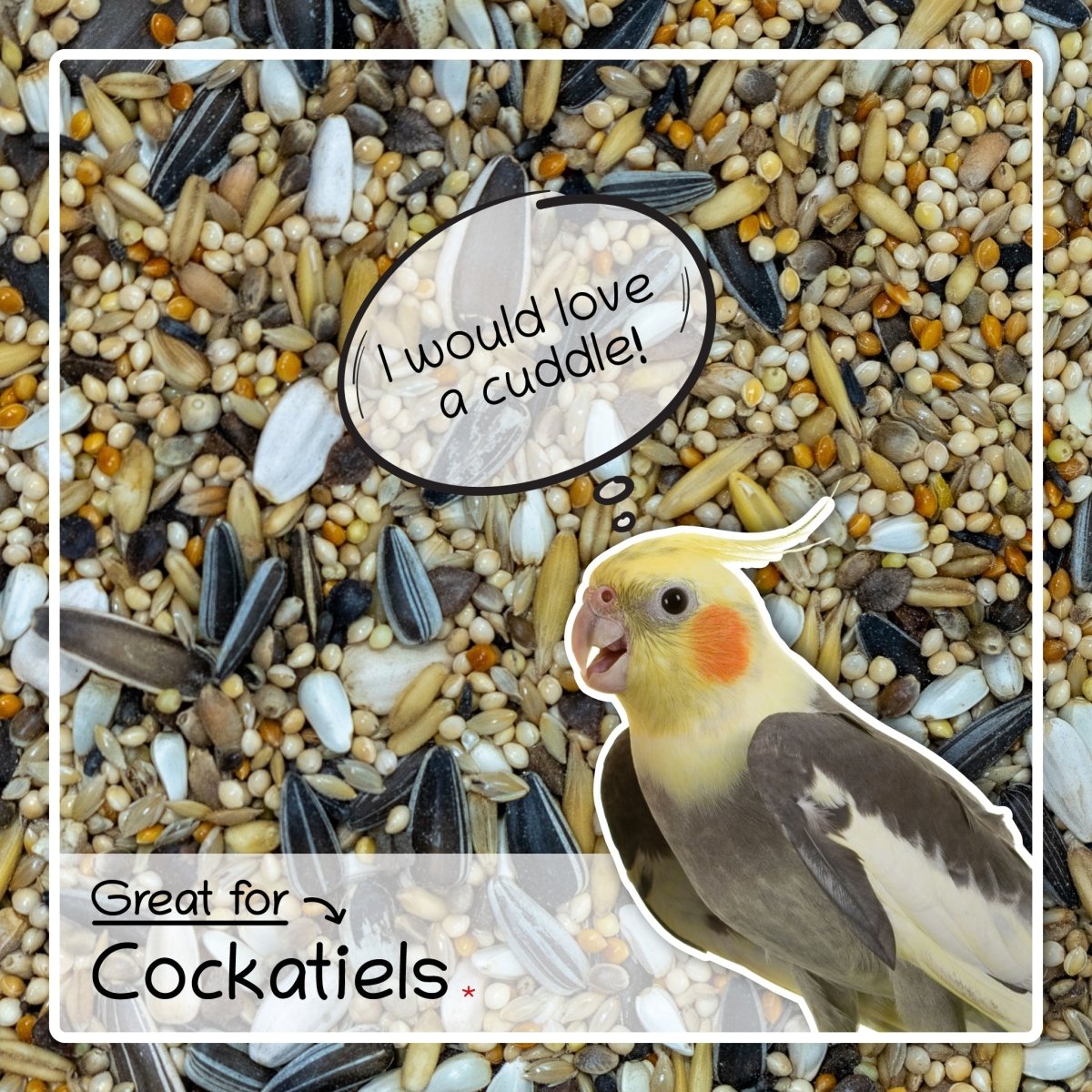


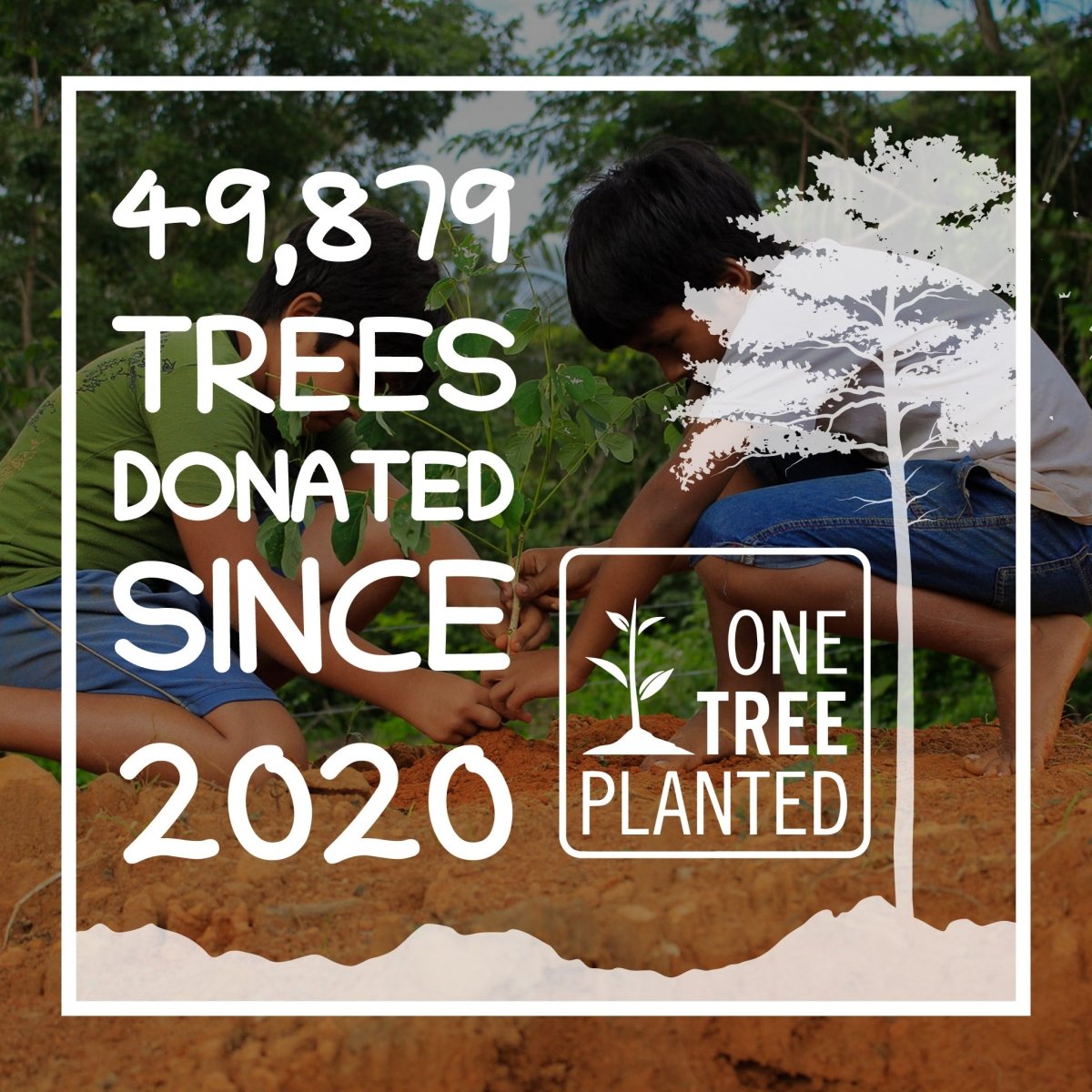
Premium Ingredients:
White Millet, Striped Sunflower, Canary Seed, Oat Groats, Red Millet, Buckwheat, Safflower, Oats, Soybean Oil.
Description:
SeedzBox's Ultimate Deluxe Cockatiel Food is a 1kg blend designed to provide proper nourishment for cockatiels. This mix includes White Millet, Striped Sunflower, Canary Seed, Oat Groats, Red Millet, Buckwheat, Safflower, Oats, and Soya Bean Oil, each chosen for their nutritional benefits.
The blend offers a variety of textures and ingredients to support a balanced diet, ensuring cockatiels receive essential protein, fibre, healthy fats, antioxidants, and vitamins. SeedzBox focuses on using premium grains and seeds without fillers or bulking powders, reflecting their dedication to pet health and well-being.
5% of all sales are donated to One Tree Planted, an NGO that plants trees with reforestation projects all over the world. With your help, Seedzbox has donated over 50,000 trees since 2020.
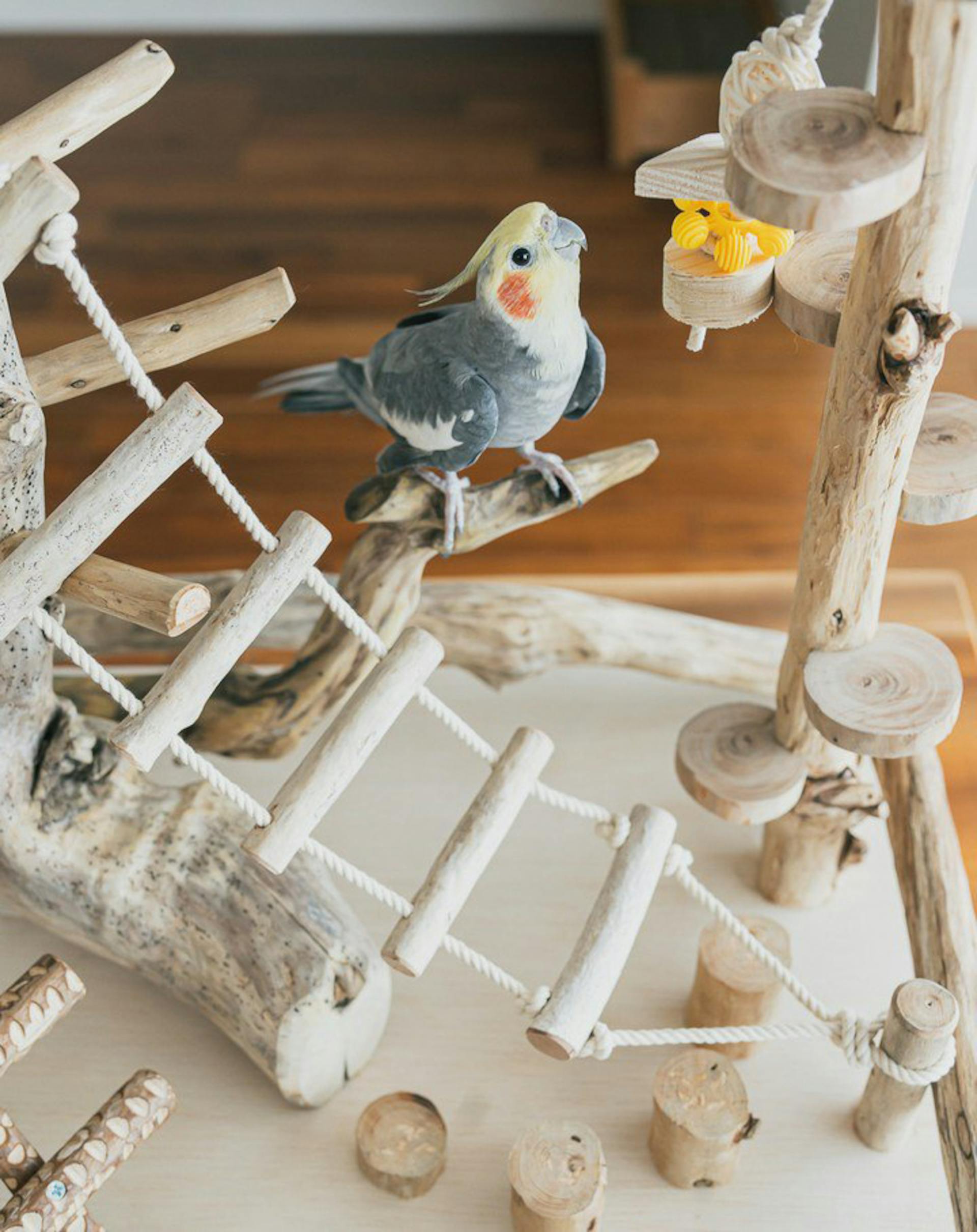
Bringing it all home
What protein can cockatoos eat?
Although cockatoos are primarily plant-eaters, their bodies also need regular supplies of animal protein in small amounts. Once a week, give the cockatoo small portions of hard-boiled egg, cottage cheese, or canned dog food to provide protein for them.
What shouldn’t you feed cockatoos?
Human food, such as sausage, highly seasoned meat, chocolate or sweets is not parrot food and can be very harmful to the bird.
Should I feed vitamins to cockatoos?
Vitamin preparations are unnecessary with a balanced, varied diet. However, in winter, when there are few fruits and vegetables available, it can makes sense to add a multivitamin preparation (available from the pet shop) to the drinking water.
Minerals are obtained from commercially available calcium feed, which you should sprinkle over fruit and sprouted feed weekly or mix into the brooding feed. Besides, the birds need grit and usually river sand or bird sand, which also serves to fill the mineral requirement and to strengthen the function of the gizzard.
These feed supplements are necessary for life; if they are lacking over a long period, cockatoos can even die because they cannot digest their food properly. Use the sand as cage litter and offer the grit in a special dish.
How often should I replace a cockatoo’s water?
Cockatoos need fresh tap water daily. In areas where the water quality is poor, the drinking water should be filtered or you should use uncarbonated mineral water. On warm summer days, change the drinking water twice or three times daily.
How often should I feed my cockatoo?
Always feed at the same time, either morning or afternoon, but do not feed in the evenings. They are very active during this time and can take in enough food before night falls.
The offered feed should consist half of dried seeds and half of green feed, fruit, and sprouted feed. There should be at least four feeding dishes available: one will hold a wheat feed mixture, another drinking water, the third grit, and the fourth fruit, green feed, or sprouted feed in rotation. Make sure that the dishes are always clean and the cockatoos receive the same dishes in the usual order.
The size of the daily portion varies according to the size and the mobility of the cockatoos, but most 80 grams of seeds and about the same quantity of fruit. Larger cockatoo species correspondingly need more food. Basically, don't skimp on the amount of feed, but also don't overfeed regularly. The latter will produce cockatoos that are inadequately nourished because they like the taste only of the "treats."
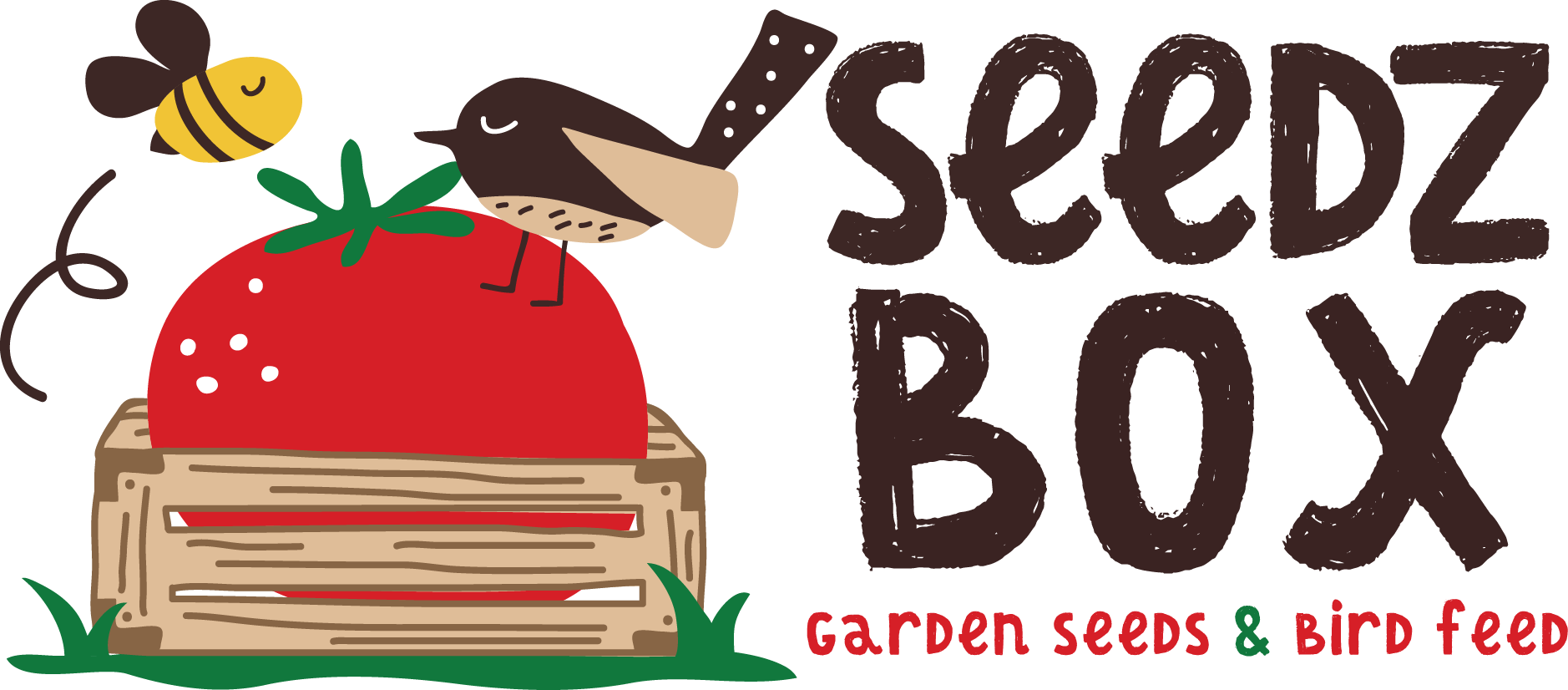
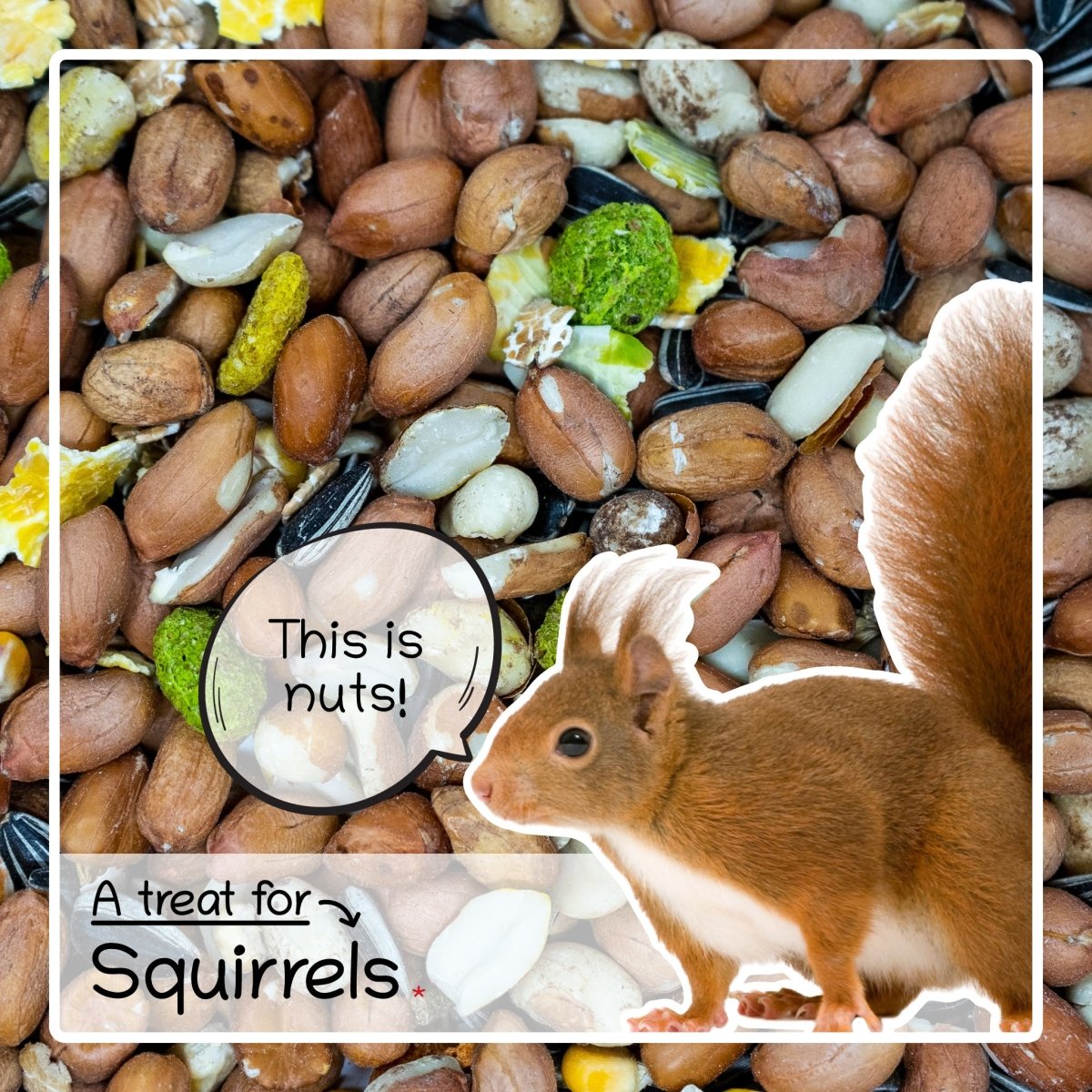
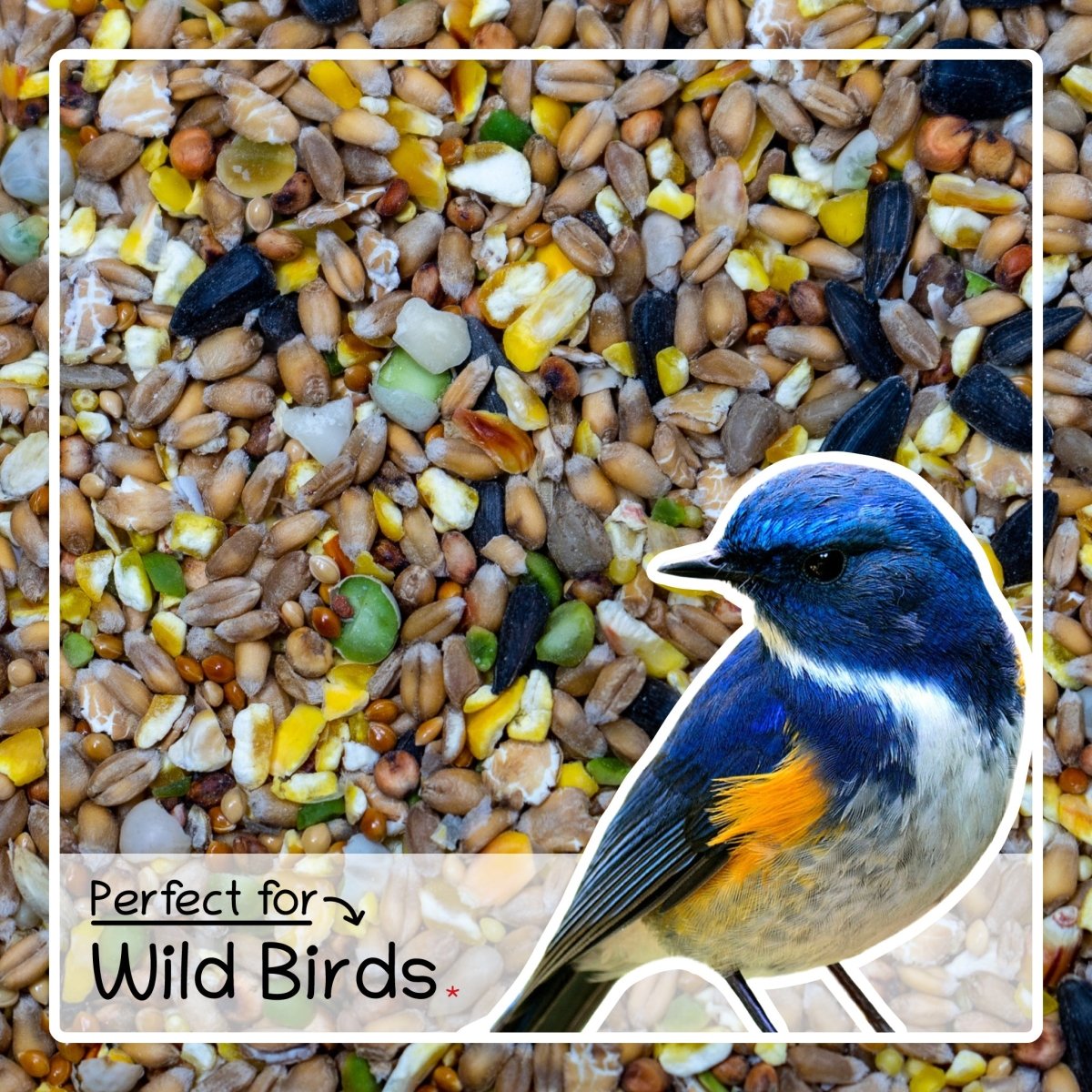
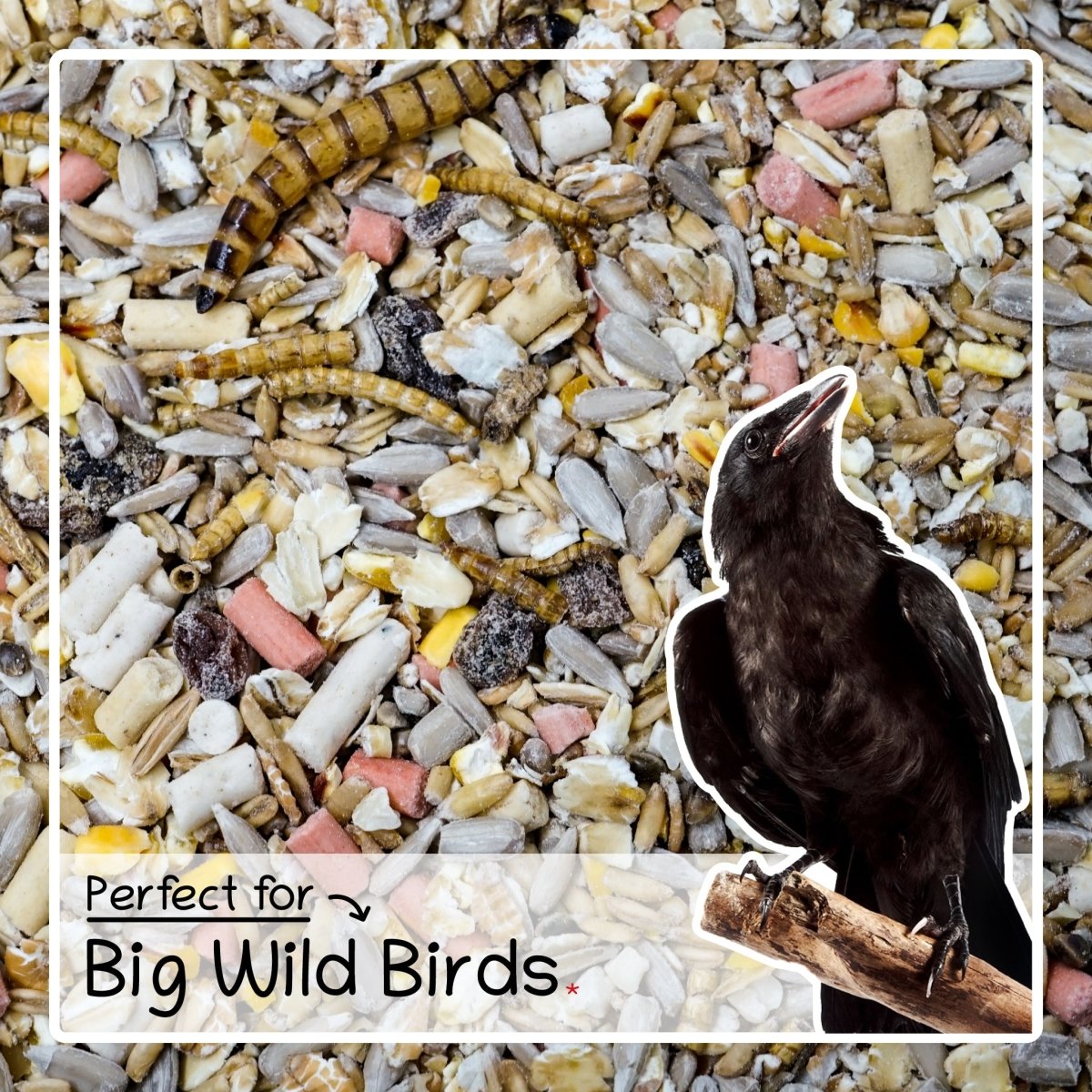
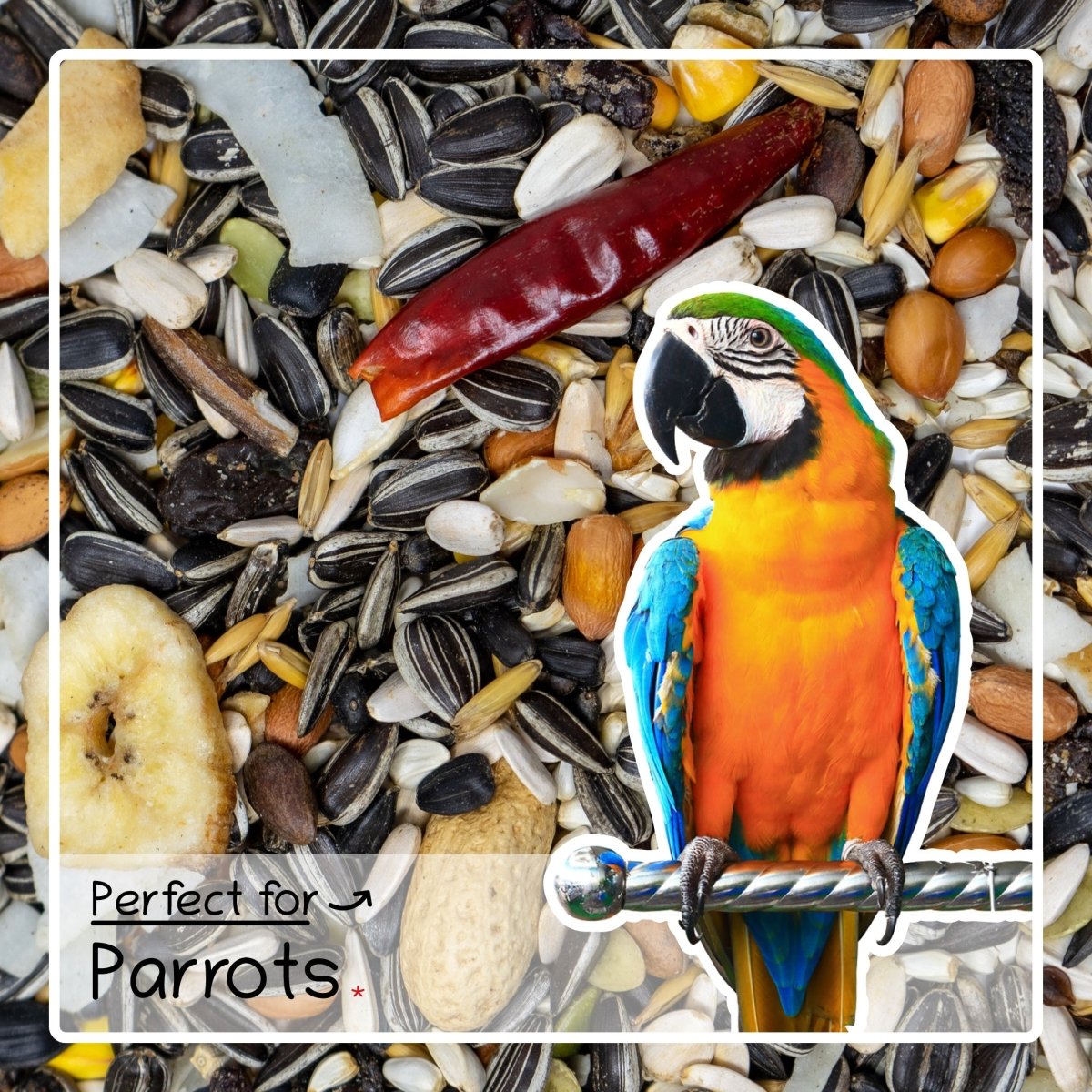
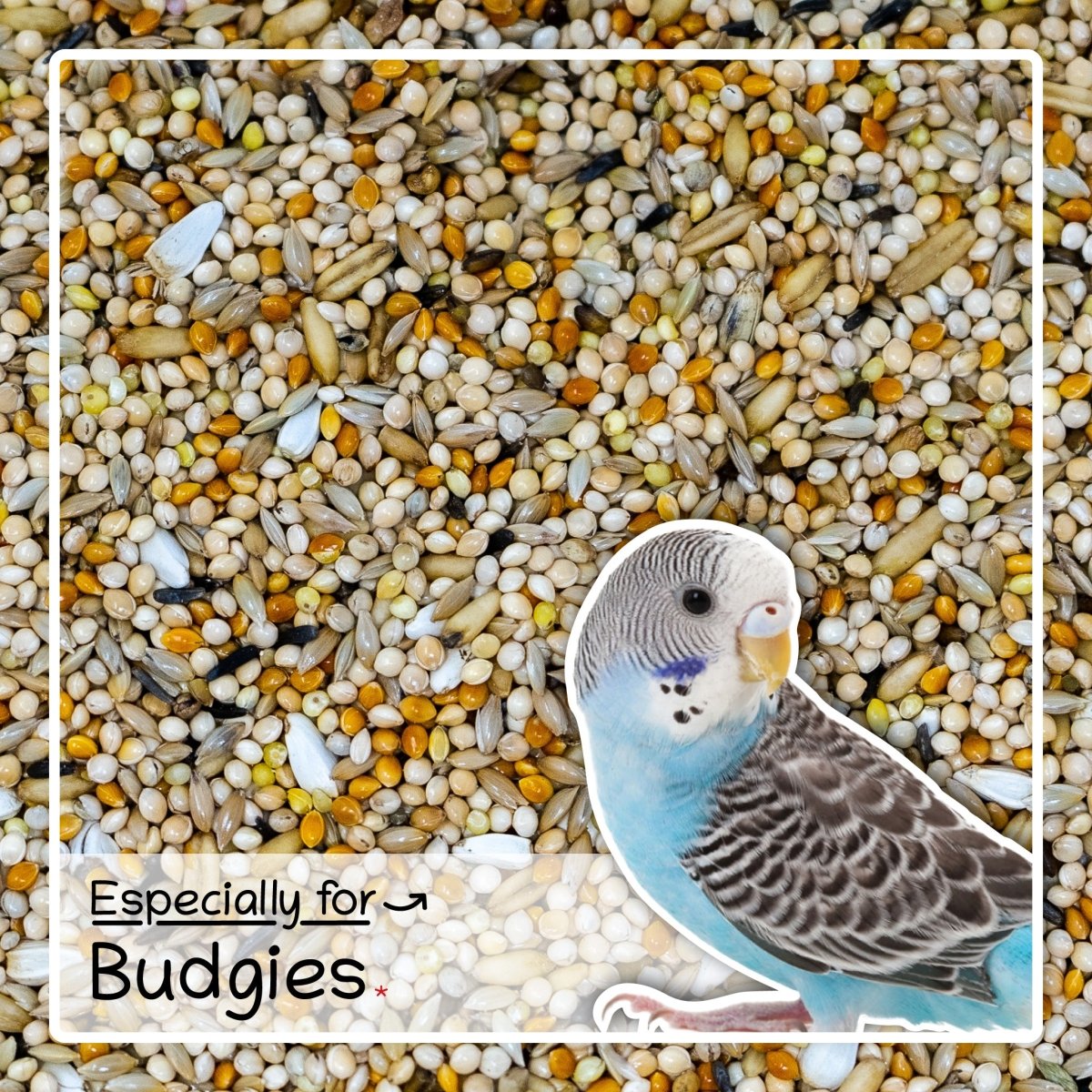
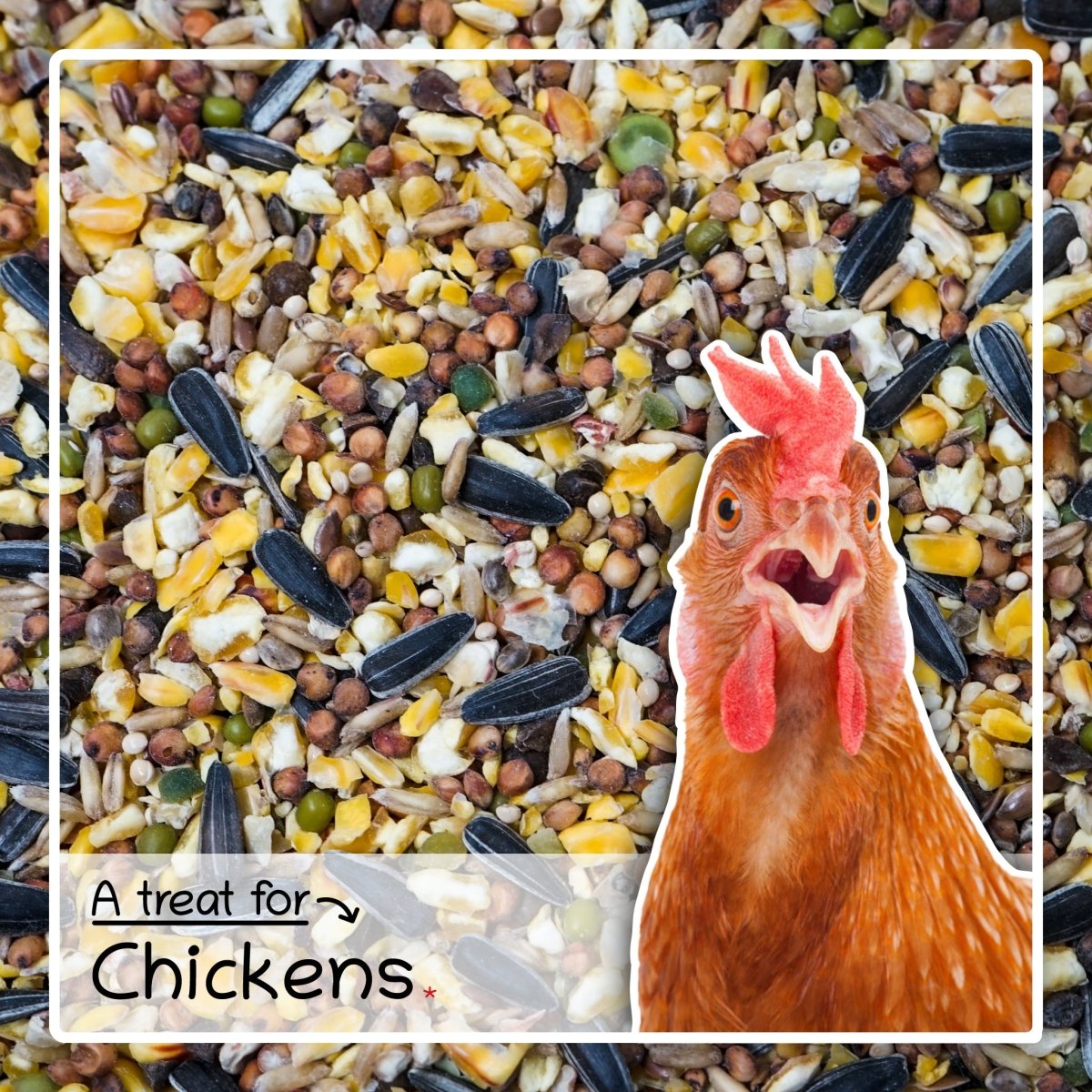
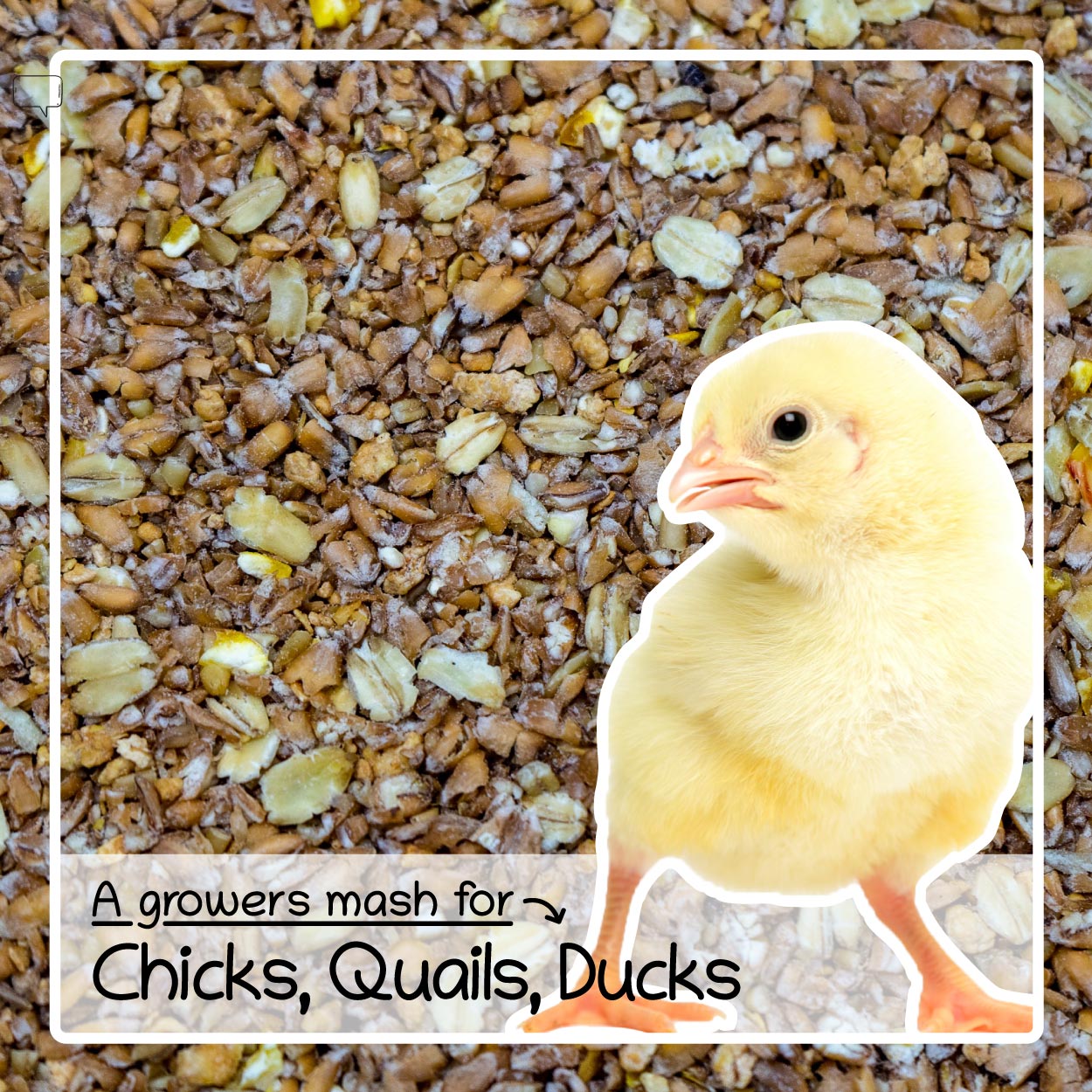
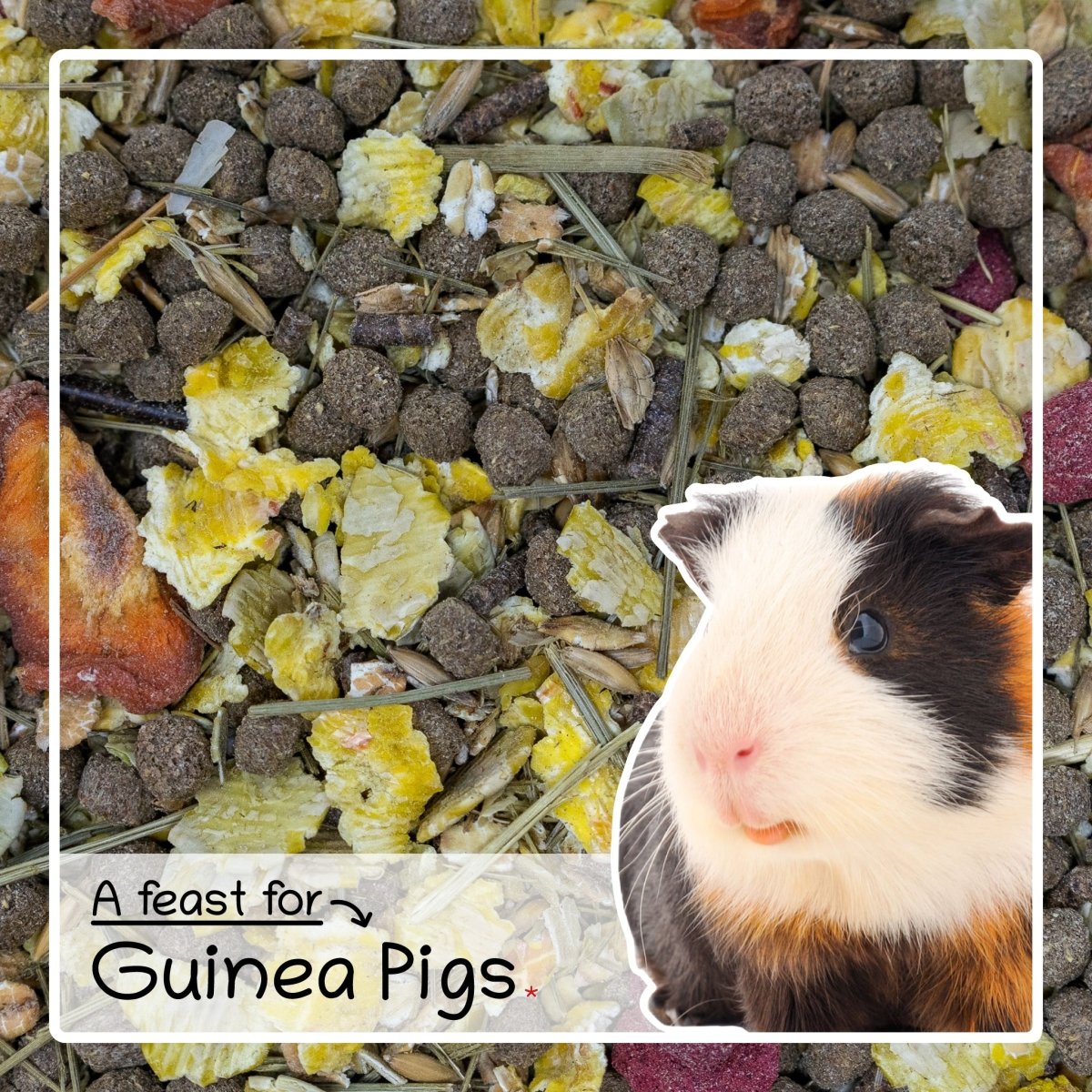
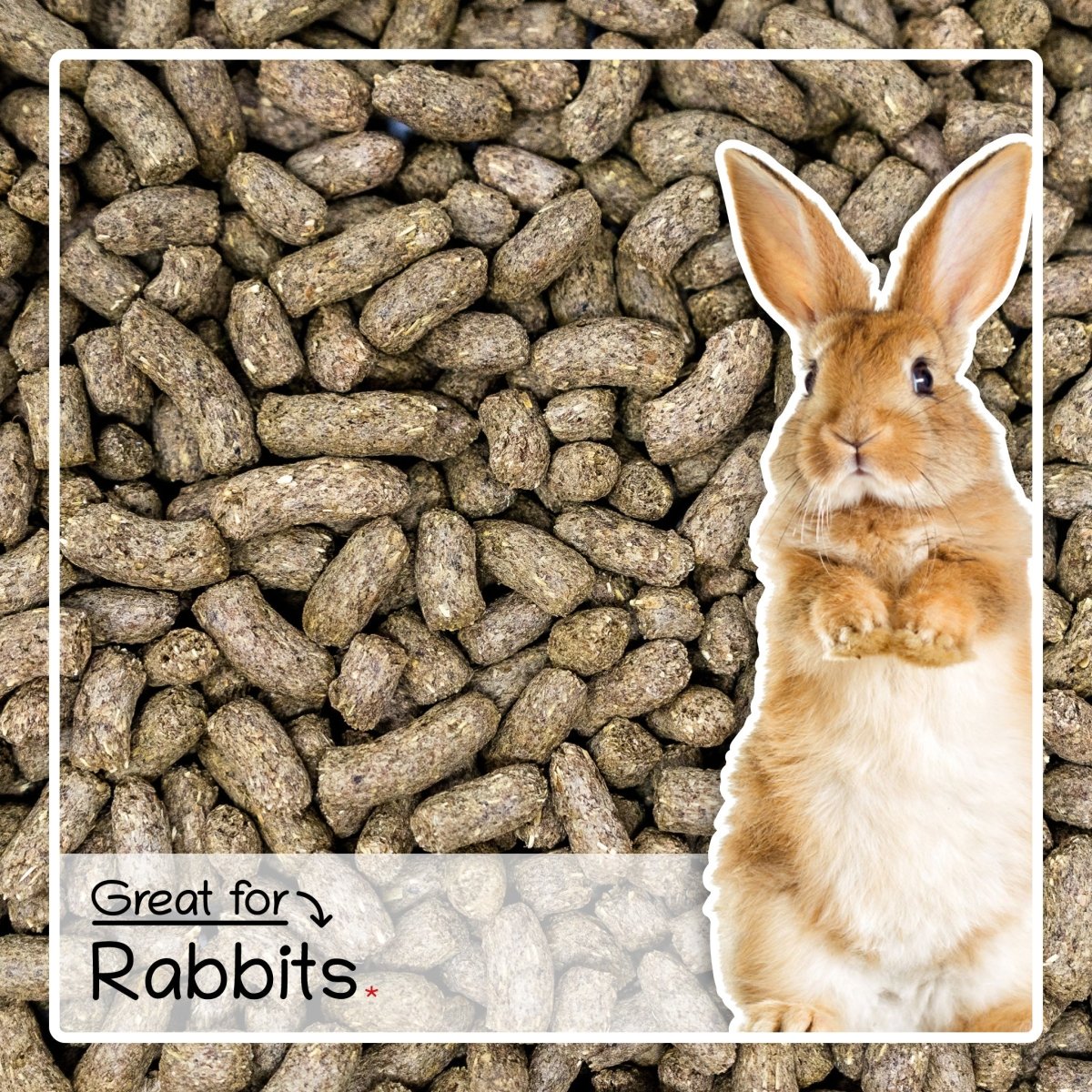
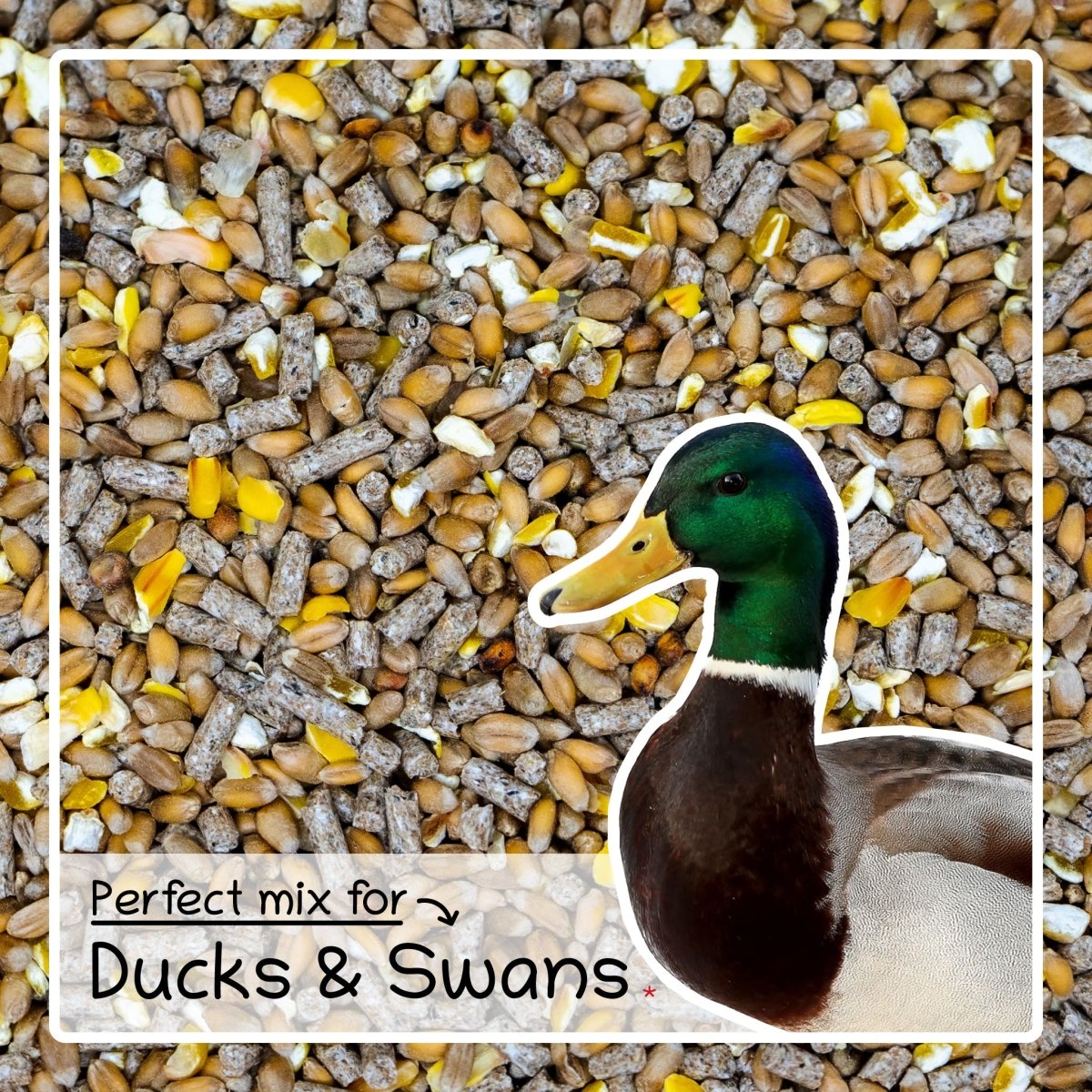
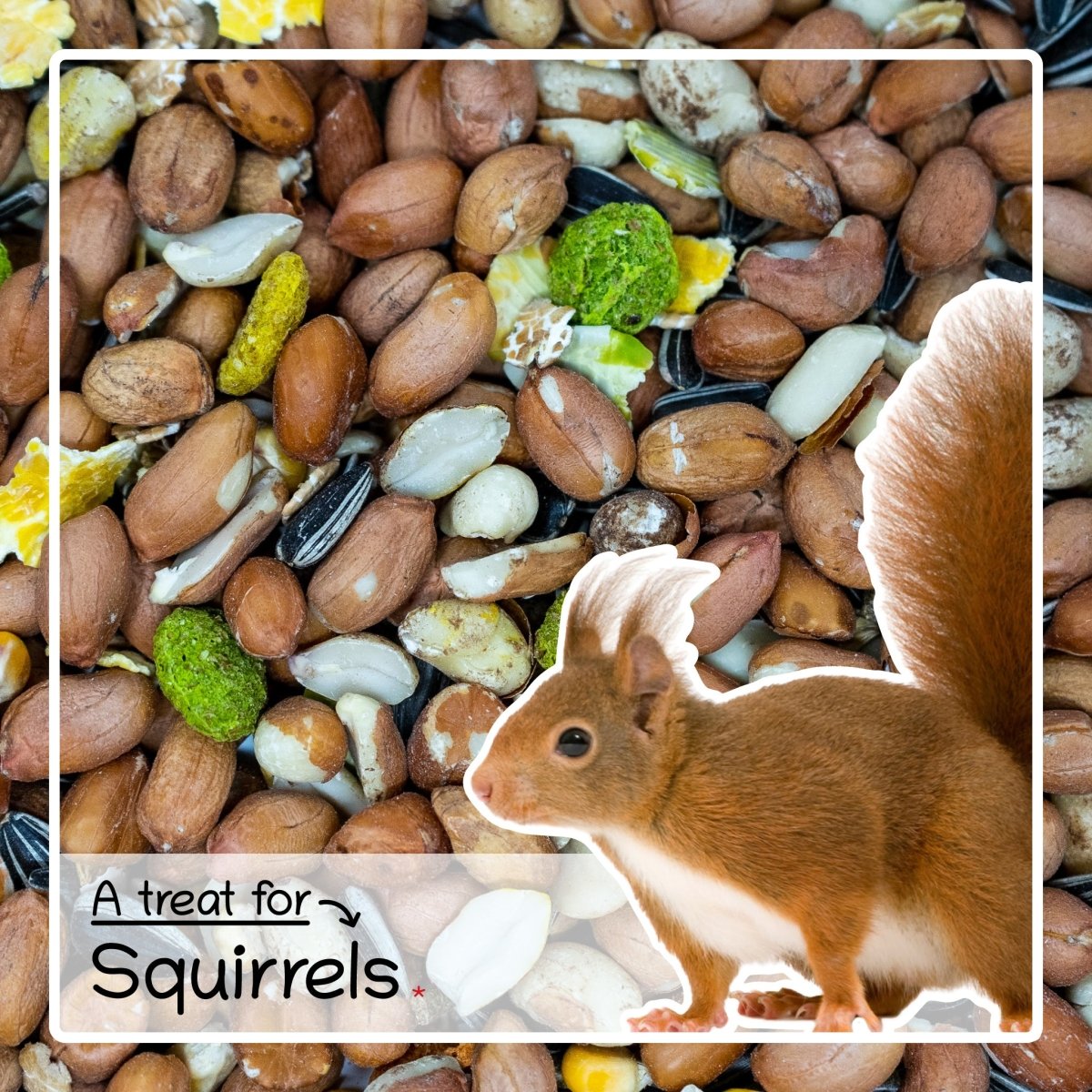
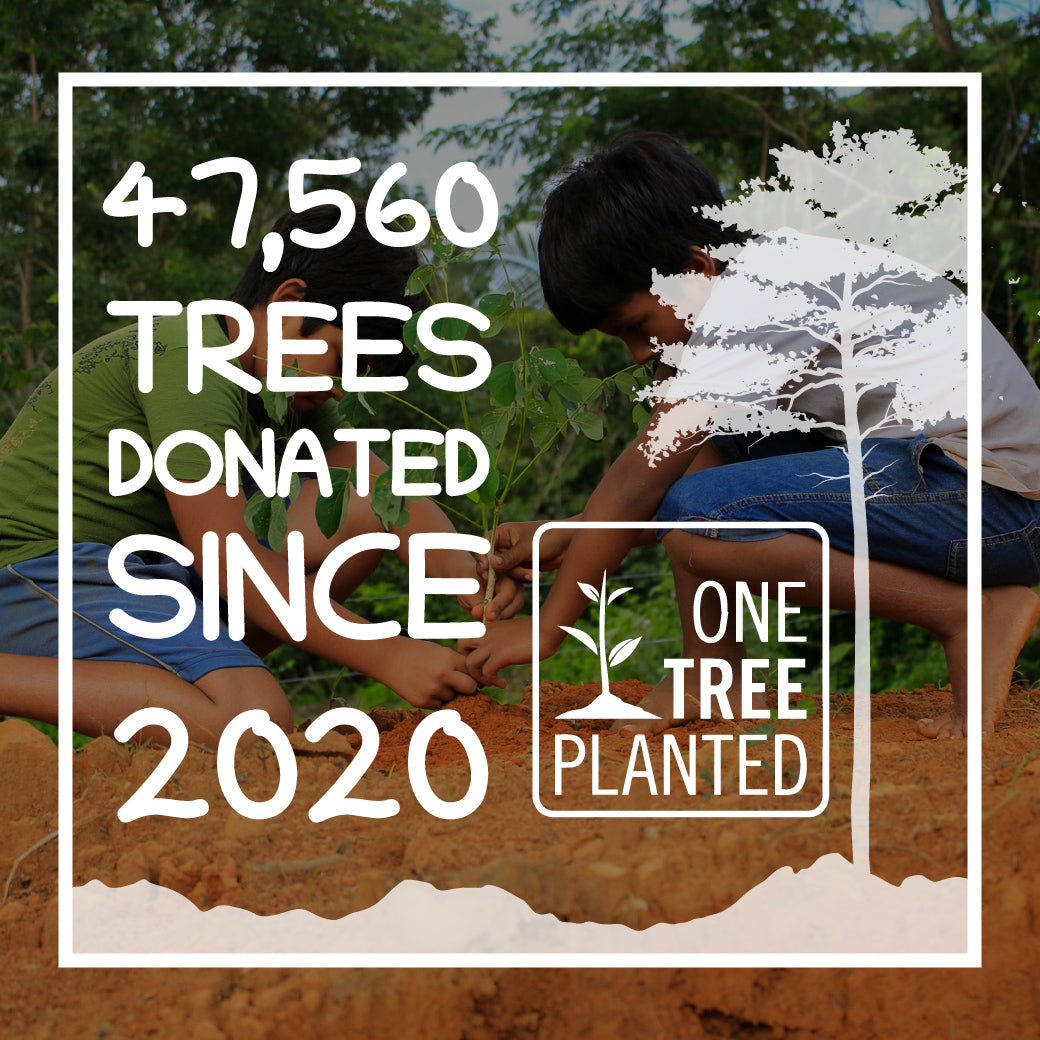

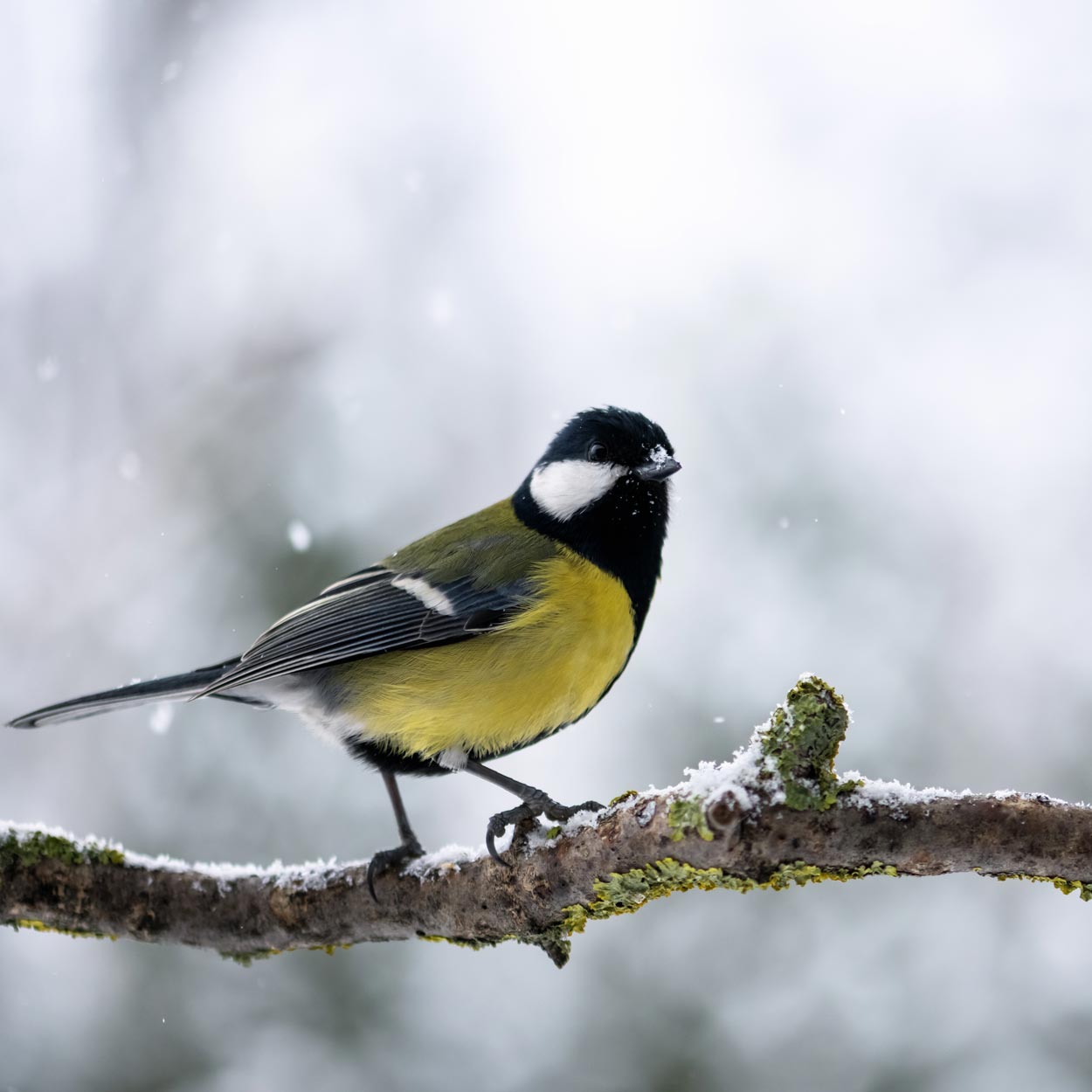
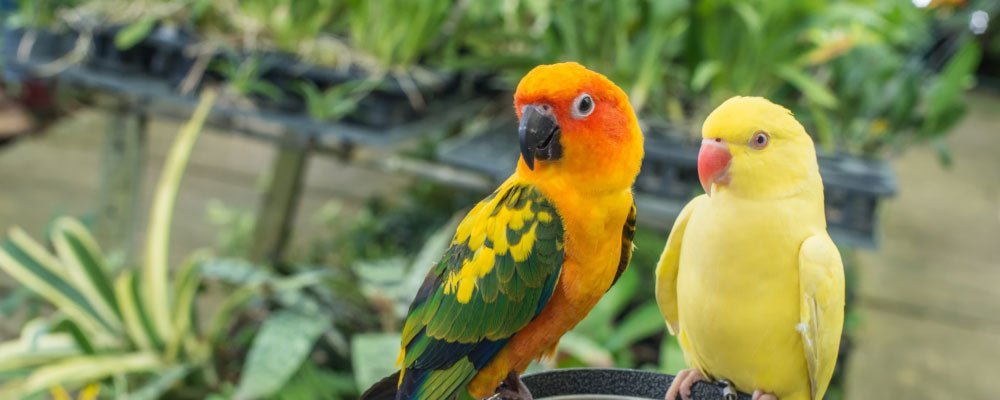
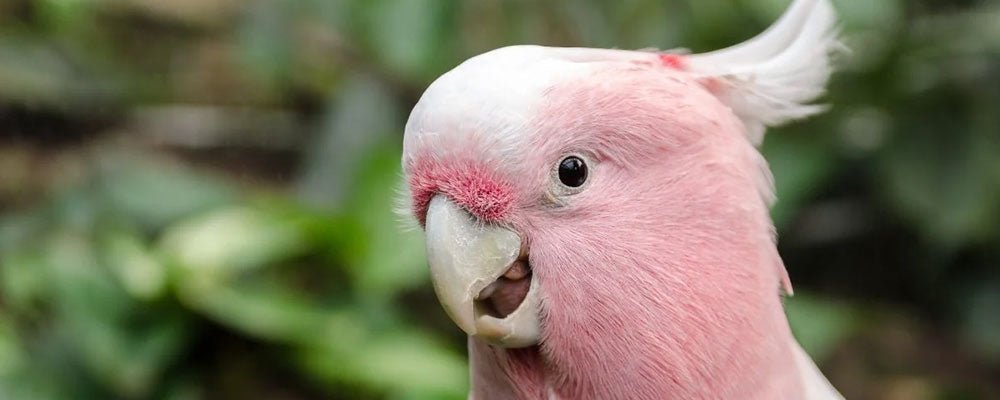
Leave a comment
This site is protected by hCaptcha and the hCaptcha Privacy Policy and Terms of Service apply.